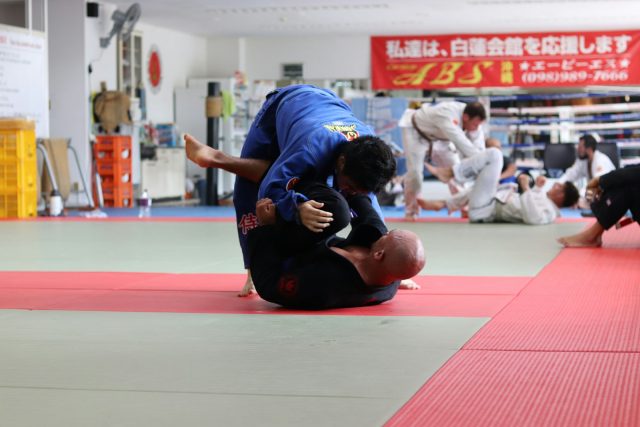
Self-defense is one of the most recognized defenses in criminal law. It reflects a simple idea that most of us acknowledge intuitively: people shouldn’t be punished for protecting themselves from imminent harm.
But of course, not every claim of self-defense succeeds in court. For the argument to be viable, specific legal conditions must be met, and the outcome often depends on how those conditions align with the facts of the case – and the strategy your defense lawyer chooses. Knowing the boundaries of self-defense can help distinguish between justified protection and unlawful violence.
The Core Principles of Self-Defense
Self-defense is rooted in two central concepts: necessity and proportionality. An individual facing an immediate threat has the right to use force, but that force must be limited to what is reasonably necessary to stop the danger.
Most jurisdictions require three elements for a successful claim:
- An imminent threat. The danger must be immediate, rather than purely speculative or in the distant future.
- A proportional response. The level of force used must be appropriate to the seriousness of the threat; for example, deadly force is generally limited to situations where life or serious bodily harm is at stake.
- A reasonable belief. The defendant must genuinely believe that force was necessary, and that belief must be one a reasonable person would share in similar circumstances.
If one of these elements is missing (for example, if the threat was not imminent or the response was grossly disproportionate), the claim weakens significantly.
Stand Your Ground vs. Duty to Retreat
How courts evaluate self-defense also depends on the jurisdiction. In some states, individuals are expected to avoid conflict whenever possible. This “duty to retreat” means that if escape is available without risk, using force may not be justified. Other states apply “stand your ground” laws, which remove the duty to retreat. In these states, individuals may lawfully defend themselves with reasonable force even if they could have withdrawn.
The distinction is critical. In a duty-to-retreat jurisdiction, failing to disengage could undermine a self-defense claim. In a stand-your-ground state, remaining in place and defending oneself may still be considered lawful.
Defense of Others and Property
Self-defense doesn’t apply only to protecting oneself. Many states extend the doctrine to the defense of others, as long as the person intervening reasonably believes the other individual faces imminent harm. The same standards of imminence, proportionality, and reasonableness apply.
Defending property, however, is much more limited in scope. Non-deadly force may be used to protect belongings, but deadly force is rarely permitted unless the threat escalates to personal safety. Some states follow the “castle doctrine,” which allows residents to use deadly force against intruders in their homes, reflecting the idea that one’s home deserves heightened protection.
When Self-Defense Doesn’t Apply
There are clear limits to this legal argument. Courts usually reject self-defense claims when:
- The defendant was the aggressor. If you started the confrontation, you generally can’t later claim self-defense unless the other party escalated dramatically.
- The threat wasn’t imminent. Retaliation for past harm or anticipation of future conflict does not qualify.
- Excessive force was used. If a defendant responded with deadly force to a minor, non-life-threatening action, the defense likely fails.
These restrictions prevent abuse of the doctrine, ensuring it protects genuine self-preservation rather than providing cover for unjustified violence.
The Role of Evidence in Self-Defense Cases
Even when the elements of self-defense are present, success often hinges on evidence. Courts weigh physical evidence, witness testimony, and even the defendant’s behavior before and after the event. Security footage, medical records, or expert testimony may help show that the threat was real and that the response was proportional. Defendants must also contend with how prosecutors frame the situation, as a self-defense argument can collapse if the prosecution convinces the court that the threat was exaggerated, avoidable, or nonexistent.
The Importance of Legal Representation
Because self-defense law is nuanced and varies from state to state, having skilled legal counsel is essential. A defense attorney can gather and present evidence, cross-examine witnesses, and explain why the defendant’s actions meet the legal requirements of self-defense. Without professional guidance, even strong claims may falter under scrutiny.
The Big Picture on Self-Defense
Self-defense can be a powerful legal argument, but only when specific conditions are met. The threat must be immediate, the response must be proportional, and the belief in danger must be reasonable. State laws, such as duty-to-retreat or stand-your-ground rules, can further shape how claims are evaluated.
Defense of others and property are recognized in many jurisdictions, but with considerably tighter restrictions. For those accused of a crime after defending themselves, consulting an experienced attorney is critical. With the right evidence and strategy, self-defense can prevent unfair punishment and protect the principle that no one should be penalized for protecting themselves from harm.







